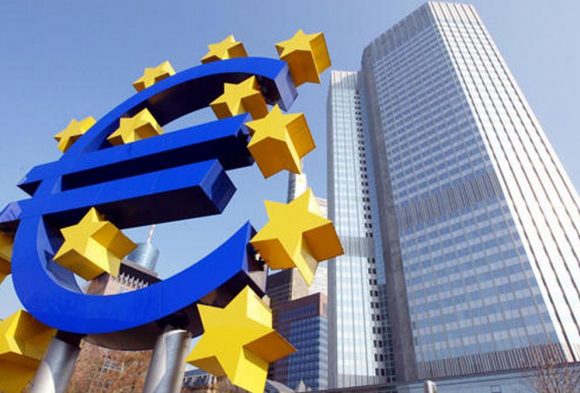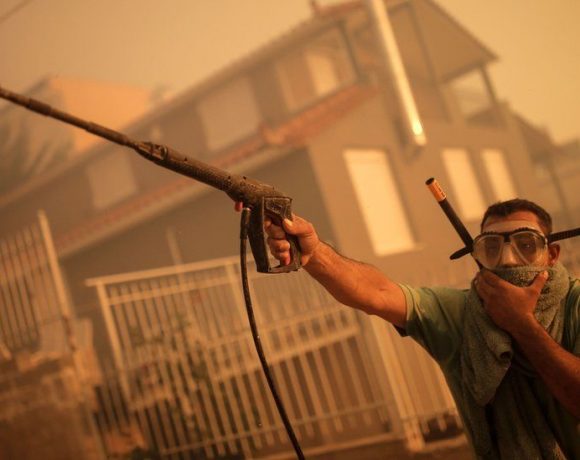
Two contrasting accommodation options were presented for the G7 summit in Puglia, Italy: the luxurious Borgo Egnazia resort, known for hosting celebrities like Madonna and the Beckhams, and a deteriorating ship moored off Brindisi for the 2,600 police officers, criticized for its appalling conditions. The resort houses world leaders, while the ship, costing the Italian government €6m and now under fraud investigation, exemplifies the disparity in treatment.
Italian Prime Minister Giorgia Meloni, buoyed by her party’s success in the European elections, hosts the summit, highlighting Italy’s newfound political stability compared to other G7 nations facing political turmoil. Meloni’s government is portrayed as the strongest amidst leaders like Biden, Sunak, and Trudeau, who are struggling domestically.
Low expectations surround the summit due to the precarious political climate in many G7 countries. However, a significant plan to loan Ukraine $50bn from frozen Russian assets is anticipated. Additionally, Sunak will announce substantial support for Ukraine’s energy and humanitarian needs.
Sessions will address the climate crisis, investment in Africa, the Middle East ceasefire, and AI regulation, with Pope Francis attending for the first time. Efforts to broaden global consensus include inviting leaders from Brazil, Turkey, Saudi Arabia, and Algeria. Locals in Puglia, like ice-cream maker Vincenzo Iannacone, express pride and excitement for the summit, hoping it brings positive attention to their region.
Picture Courtesy: Google/images are subject to copyright



